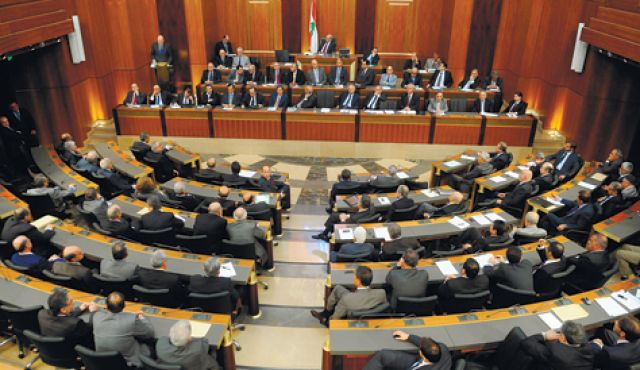
(Reuters) - Lebanon is set to postpone next month's parliamentary elections to 2017 because instability linked to the Syrian crisis has made it impossible to hold a nationwide poll, a government minister said on Monday.
The civil war in neighboring Syria has stoked sectarian tensions and aggravated long-standing rivalries in Lebanon. This would be the second postponement of the elections, which should have taken place in June 2013.
Now the 128-member parliament is set to delay them for another two years and seven months from November, the minister said.
"There is no longer a possibility of holding the elections because of the deteriorating security situation in the country," the minister told Reuters. He declined to be named because the parliament has not yet voted on the new postponement.
Lebanon's interior minister and MPs have frequently said a new delay is inevitable. A postponement to 2017 would mean that the current parliament would serve two four-year terms in a row.
The government minister blamed violence in Lebanon's north, south and in the east along the border with Syria, where the turmoil has often spilled over into Lebanese territory.
In August, Sunni Muslim insurgents from Syria stormed the Lebanese border town of Arsal, killing at least 14 Lebanese soldiers, wounding dozens and capturing others. Earlier this month hundreds of insurgents attacked at least 10 bases belonging to Lebanese Shi'ite group Hezbollah in a mountain range close to the border.
The minister said Lebanon's parliament will approve the delay later this month and will specify that the poll can only take place after the selection of a new president, the formation of a government and the adoption of a new elections law.
Lebanon has been without a president since May, when Michel Suleiman's term ended, because feuding lawmakers have been unable to decide on a successor and have blamed each other for the deadlock.
Lawmakers, who support different sides in Syria's civil war, are divided on many issues including on ways to deal with the effects of the crisis, which has driven around 1 million refugees into Lebanon.
Politicians from the March 8 coalition, which includes Hezbollah, support Syrian President Bashar al-Assad. The rival March 14 coalition backs Assad's opponents.
Most Lebanese have become accustomed to protracted political stalemate whenever the time comes to choose a new parliament, government or president. In the past, politicians have waited for an agreement between outside patrons - Saudi Arabia for March 14 and Iran for March 8 - to resolve their differences.